Optimal Timing for Shower Installations
Determining the optimal time for shower installations involves considering various factors such as weather conditions, project complexity, and personal schedules. Typically, scheduling during milder seasons can facilitate easier access to work areas and reduce potential delays caused by extreme weather. Understanding seasonal patterns in Farmington, NY, can help in planning effectively for a smooth installation process.
Spring and early fall are ideal for shower installations due to moderate weather, minimizing weather-related disruptions.
Early planning allows for better coordination and availability of materials, ensuring timely completion.
Off-peak months may offer more flexible scheduling options and potential cost advantages.
Extreme cold or heat can affect installation materials and curing times, making moderate temperatures preferable.
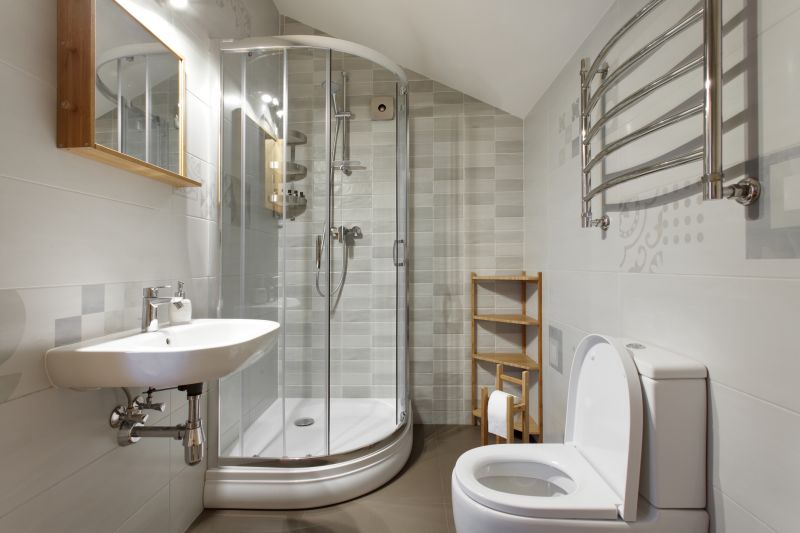
Ways to make Shower Installations work in tight or awkward layouts.
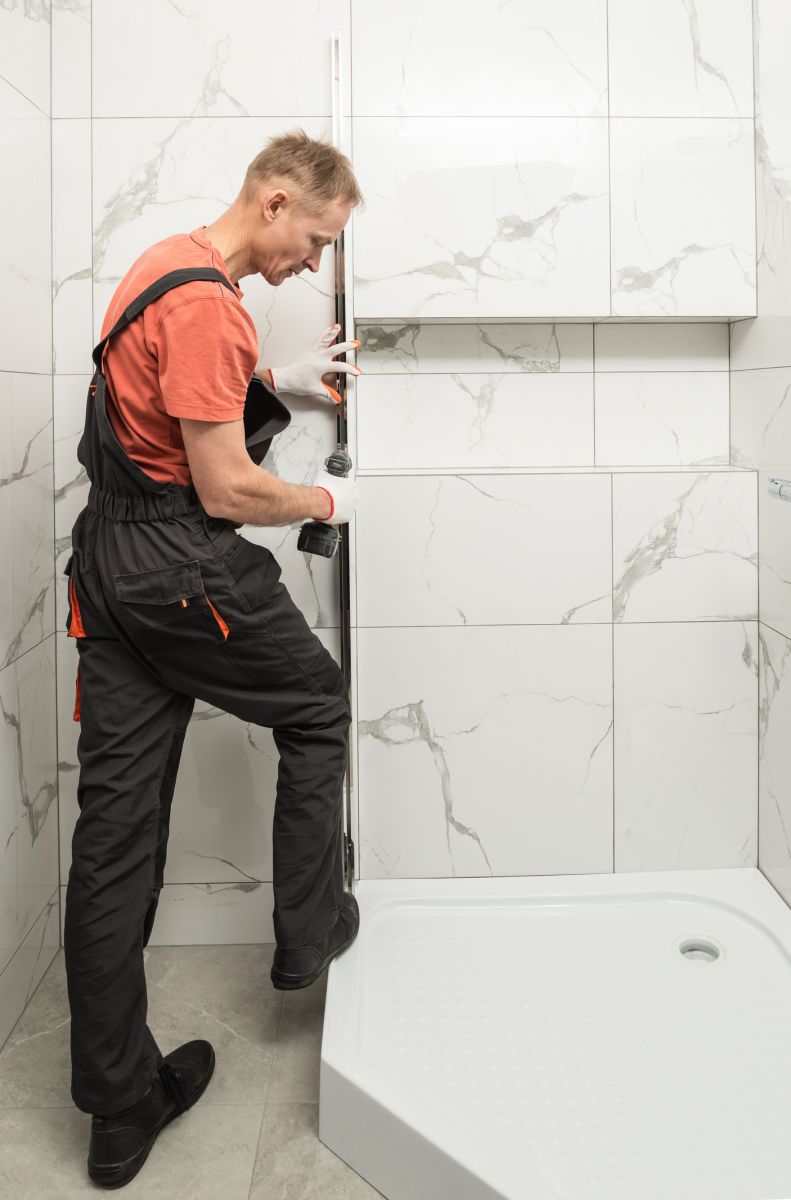
Popular materials for Shower Installations and why they hold up over time.
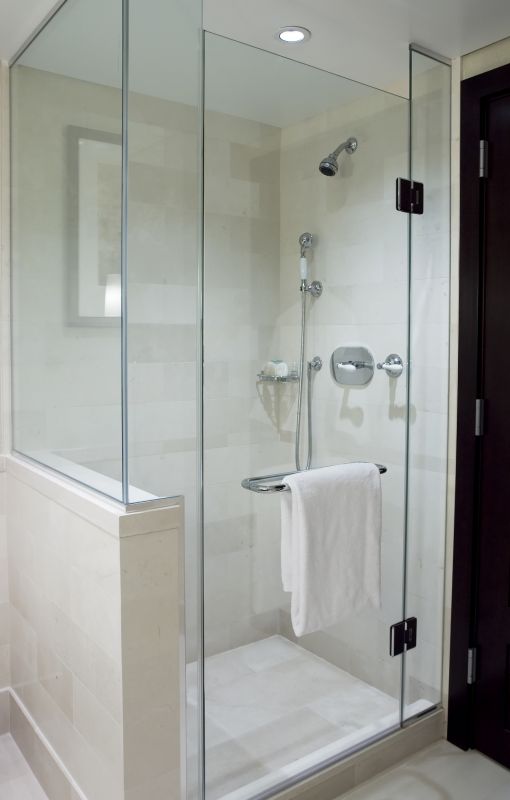
Simple add-ons that improve Shower Installations without blowing the budget.
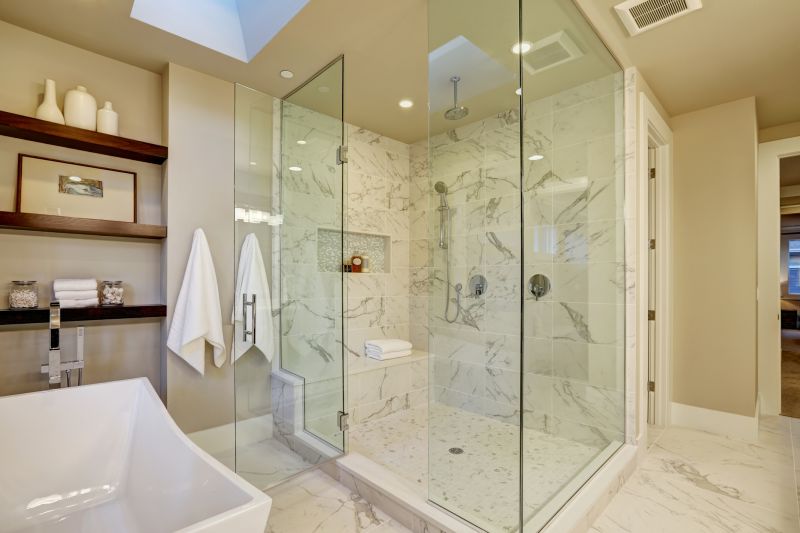
High-end options that actually feel worth it for Shower Installations.
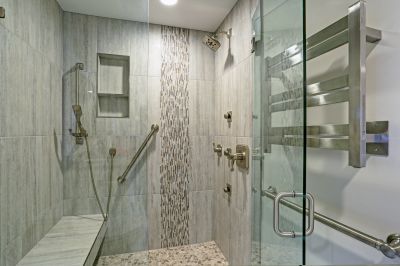
Finishes and colors that play nicely with Shower Installations.
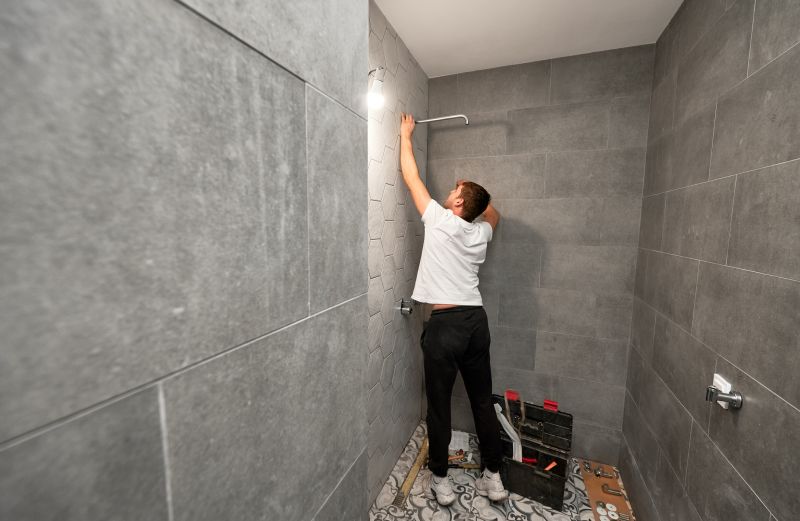
Little measurements that prevent headaches on Shower Installations day.
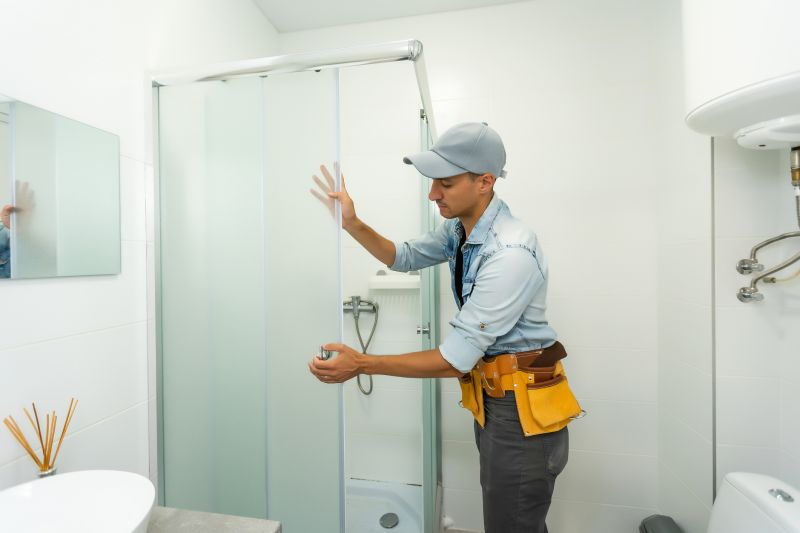
A 60-second routine that keeps Shower Installations looking new.
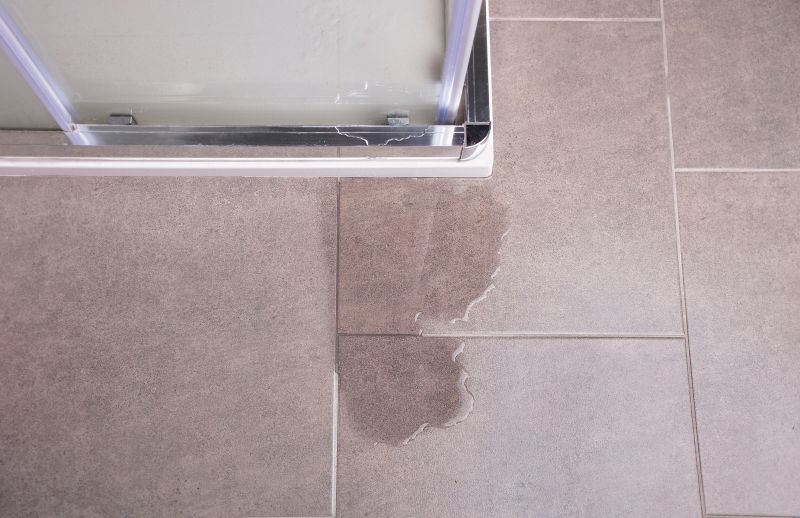
A frequent mistake in Shower Installations and how to dodge it.
| Factor | Recommendation |
|---|---|
| Season | Spring or early fall preferred |
| Weather | Avoid extreme cold or heat |
| Project Complexity | Plan during moderate weather |
| Material Curing | Optimal at moderate temperatures |
| Scheduling | Book in advance during peak seasons |
| Home Preparation | Complete before installation |
| Disruption Risk | Lower in milder seasons |
| Cost Factors | Potential savings in off-peak periods |
Shower installations are a vital component of bathroom upgrades, offering both functional and aesthetic benefits. Proper timing can influence the quality and durability of the installation, with weather conditions playing a significant role. Scheduling during favorable seasons can reduce delays and ensure that materials set correctly, leading to a longer-lasting fixture.


